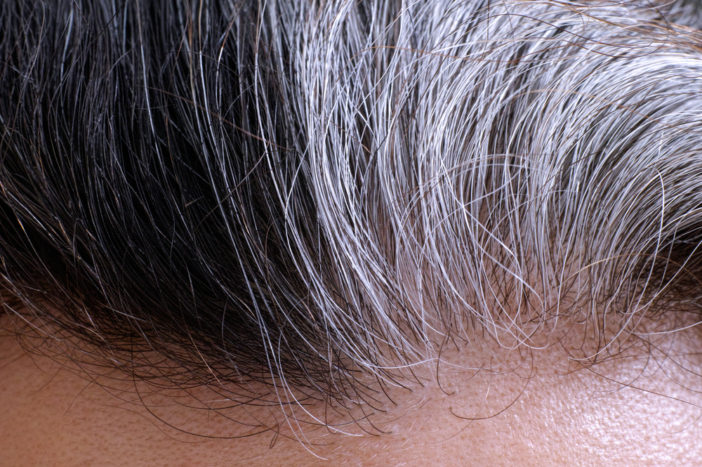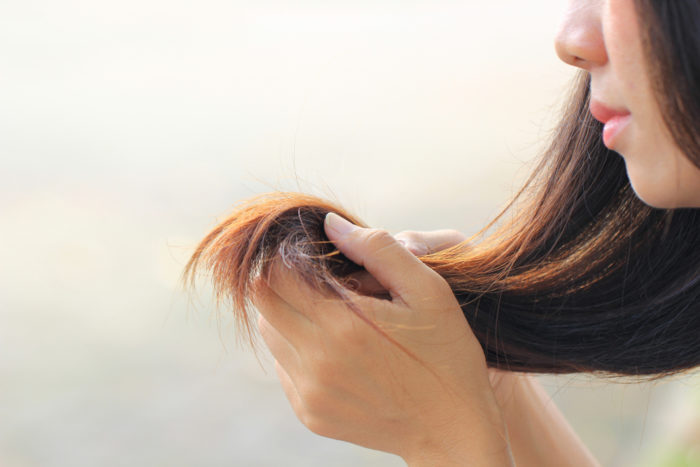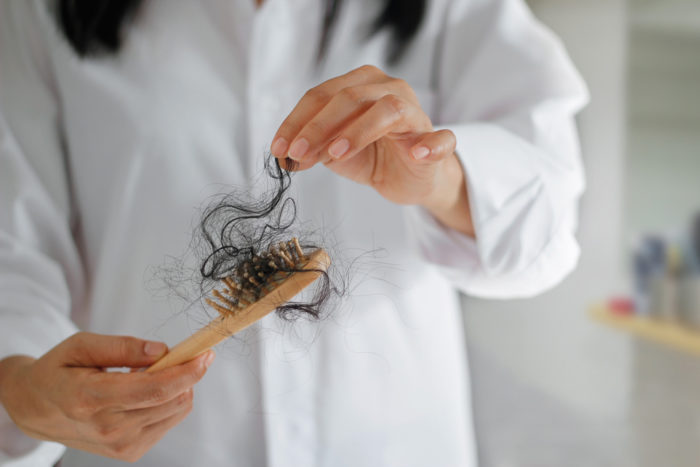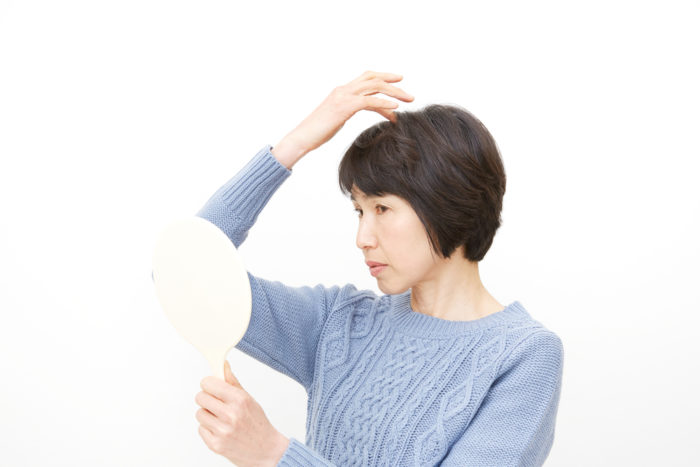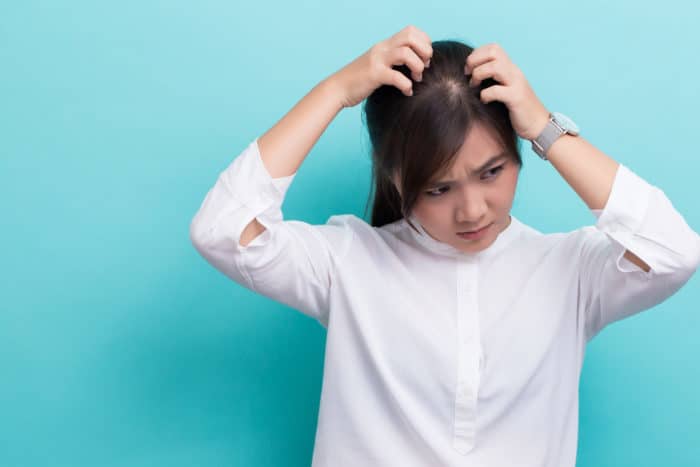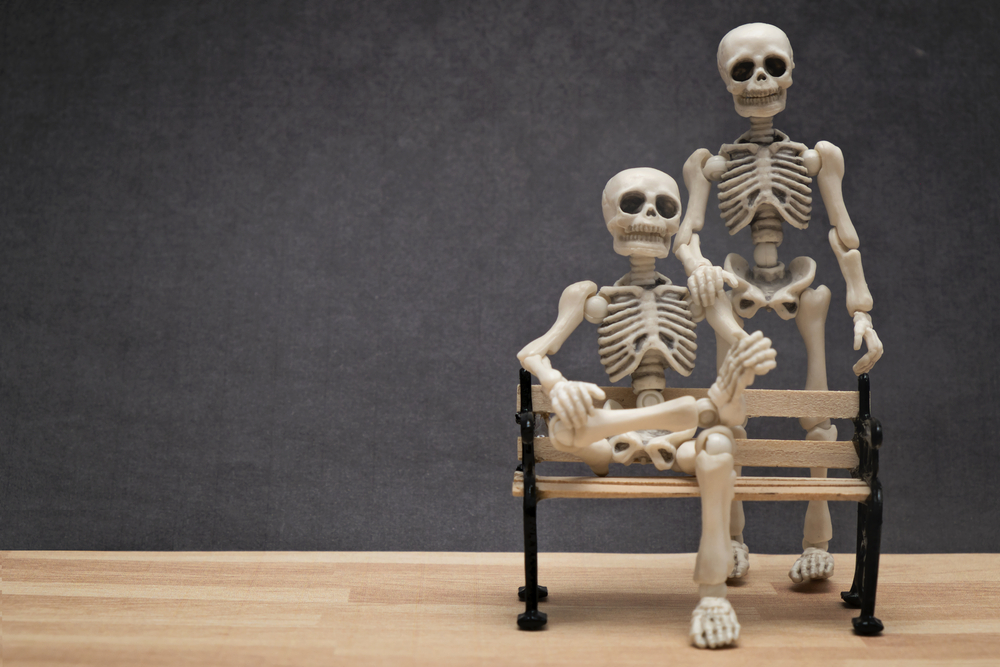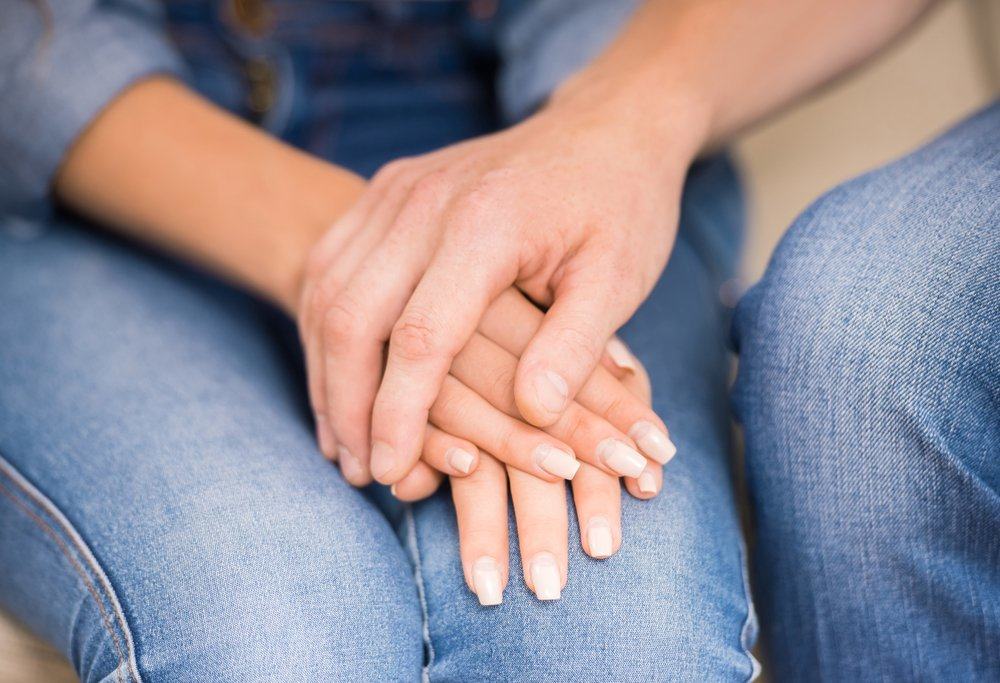Contents:
- Medical Video: 11 Signs of Health Problems Hidden On Your Face
- Types of hair problems that describe your health condition
- 1. Gray hair is a sign of stress
- 2. Brittle hair is a sign of Cushing's syndrome
- 3. Dry and fall hair is a sign of thyroid disorders
- 4. Hair loss is a sign of anemia
- 5. Thin hair is a sign of lack of protein
- 6. Yellow flakes in hair are a sign of seborrheic dermatitis
Medical Video: 11 Signs of Health Problems Hidden On Your Face
Dry hair, loss, and other hair problems generally occur due to the habit of changing shampoo or the effects of being exposed to the sun for too long. Although it seems trivial, a study actually proves that changes in color and thickness of hair can also be a sign of health problems, you know. So, what are the diseases, which can be detected from hair problems? Come on, find out through the following review.
Types of hair problems that describe your health condition
Look at the condition of your hair at this time. Does it start to feel dry, thin, fall out, or even begin to look gray? If you have done various hair treatments but still experience similar hair problems, this could be a sign of a health problem in your body.
Every hair problem can be a sign of different health problems. Immediately reflect and watch for the following symptoms of hair problems.
1. Gray hair is a sign of stress
Gray hair is closely related to the elderly. Make no mistake, young people can also experience gray hair because of the effects of stress. This was revealed by Dr. Paradi Mirmirani, a dermatologist from the Department of Skin Disease at The Permanente Medical Group in Vallejo, California, told Everyday Health.
According to Dr. Paradi Mirmirani, oxidative stress can affect cells producing hair pigments. However, until now the dermatologists still do not know the exact cause of this hair discoloration. Experts suspect that this has an effect on the genes inherited from your parents.
2. Brittle hair is a sign of Cushing's syndrome
Fragile hair is one of the symptoms of Cushing's syndrome. Cushing's syndrome, also known as hypercortisolism, is a disease caused by an abnormal increase in the hormone cortisol in the body.
In addition to brittle hair, this syndrome can also cause other symptoms of fatigue, high blood pressure, and back pain. As a first step in treatment, the doctor will find out the cause first.
If this is caused by the consumption of certain drugs, the doctor will reduce the dose of the drug you are currently taking. Under certain conditions, your doctor may perform surgery, chemotherapy, or radiation therapy to correct the excess hormone cortisol in your adrenal gland.
3. Dry and fall hair is a sign of thyroid disorders
People with thyroid disorders usually have hair that tends to dry and fall out. Because the thyroid gland is the main gland that controls the endocrine system and affects hair growth. If this gland is disturbed, your hair will automatically become problematic.
As a solution, consult a doctor immediately and do a thyroid stimulating hormone test (thyroid stimulating hormone/ TSH) to detect how severe your thyroid disorder is. Then the doctor will give a dose of thyroid medication that can help reduce symptoms.
4. Hair loss is a sign of anemia
Normally, every person will experience 100 or more hair loss in a day. This is normal, so you don't need to worry about baldness due to hair loss.
However, if hair loss continues, you may be deficient in iron, aka anemia. Although it seems trivial, it never hurts to do a blood check, especially for you who are vegetarian or often experience severe bleeding during menstruation (menorrhagia).
Because the two conditions can make you experience severe iron deficiency. To overcome this, make sure you regularly take supplements or food sources of iron to help meet your daily iron needs.
5. Thin hair is a sign of lack of protein
Protein is the most important macronutrient for maintaining the health of your hair. So, if you lack protein, do not be surprised if the thickness of your hair becomes thinner and easily fall out.
So, meet your daily protein needs by multiplying eating eggs, meat, cheese, and other food sources of protein. To be clearer, you can see a list of other food sources of protein in this article.
6. Yellow flakes in hair are a sign of seborrheic dermatitis
Yellow skin flakes, both on the scalp or even on the eyebrows, are signs that you have seborrheic dermatitis. Seborrheic dermatitis is skin inflammation that results from fungal infections or the production of certain hormones that make the skin produce a lot of oil.
At a glance, seborrheic dermatitis is similar to dandruff, but the difference between dandruff tends to be white. Dandruff is generally caused by fungus or inflammation of the skin. However, dandruff can also be triggered by various things, such as oily skin, stress, obesity, hot weather, or people affected by eczema or psoriasis.
Having a problem with dandruff does interfere with the appearance so that you don't feel confident. As a solution, you can choose a specific type of shampoo for dandruff or cortisone cream from a doctor to deal with dandruff.


